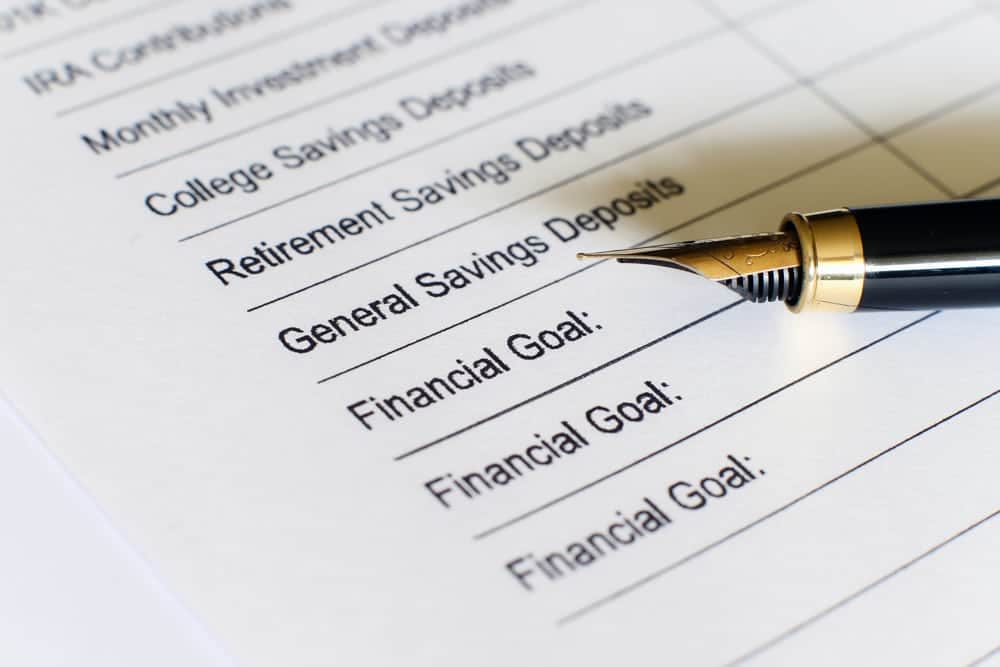We all have heard these: “Money doesn’t grow on trees.” “Save money for a rainy day.” “Failing to plan is planning to fail.” However, about ⅔ of Americans do not budget. Many live paycheck to paycheck. Financial stress often spills into relationships and family life.
Budgeting is about intentional spending and mindful living. Budgeting means 1) plan; 2) act as planned; 3) keep track of spending. It is a healthy habit built on discipline to make oneself accountable with money for peace of mind, happy relationships, and achieving financial goals.
Plan to achieve financial goals
Plan where you put every dollar BEFORE you receive it. Budgeting is not only about spending within the means, which is an important part, but also a process of establishing financial goals, and achieving them. The goals can be a family vacation, a new car, emergency fund, a dream house, college savings, retirement… budgeting on a monthly and yearly basis can achieve these financial goals by individuals, couples and families.
Intentional spending and saving
It is financially healthy to always have a cushion rather than having a early empty bank account by the end of the month. For example, you were planning to spend about $800 on eating out in one year, but after 5 months you see that you’ve already spent $600. If you continue at the current rate ($600/5 months = $120/month), you’ll spend $1,440 on restaurant food by the end of the year ($120 x 12 months = $1440.) Do you want to increase your dining out budget? If not, you need to think twice next time you want to eat out instead of cooking your own dinner.
When you allocate in advance how much money to spend in each area and keep your financial house in order, you will feel a sense of control. Bookkeeping tools such as financial spreadsheets can help tracking where money goes each month after paying bills, paying toward debt, and saving for financial goals.
Periodic evaluation
It defeats the purpose to have a plan and not live by it. Once you have a budget, evaluate your spending periodically to ensure that you are staying on track, and even better, have surplus money going to savings every month for achieving goals rather than spending impulsively. Your plan and goals need regular evaluation and adjustment. You can also find areas of waste, and eliminate bad spending habits, thus saving more money to accelerate your debt repayment, achieve your goals faster, and give to your charity.
Similarly, evaluate your time by considering the value of your time in terms of money and lost opportunity, as one of the factors in deciding how to spend your time.
Establish credit history
For young people just starting to be financially independent, living on a budget can help build a credit history for buying a car and/or a home. Set monthly credit cards’ payments into your necessary living expenses and spend within your budget, and pay off the balance in full every month to avoid interest payments and going deeper in debt. A good record of your timely and regular credit card payments, in full if possible, will establish a good credit history. (You need more than one credit card to establish credit history.) A high credit score will lower your interest rate when you need to take out a car loan and/or a house mortgage loan, which means hundreds, even thousands of dollars of savings each month.
It is a great feeling when you can realize a goal through planning and budgeting, be it a better car, an exotic vacation, a dream house… Budgeting is a necessary life skill to evaluate your income and expenses, monitor cash flow, keep your financial life in control and reach your goals.
At a2zCFO, we keep your ship on course towards your financial success. For a free analysis, please contact us at Rolf@a2zCFO.com.


